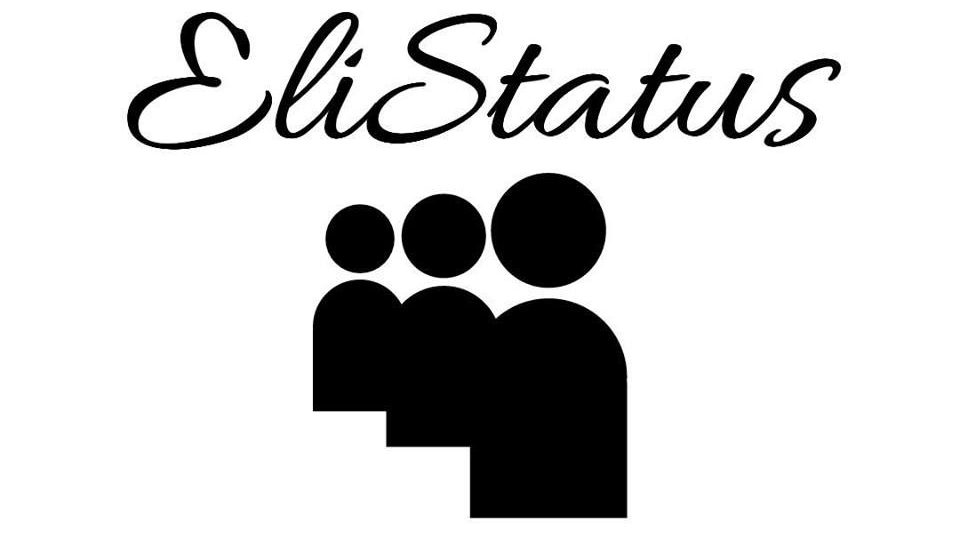Key Points
BECOME AN EFFECTIVE LISTENER
In our daily activities, communication is essential. Communication is made to convey messages or information, resolve problems, share opinions or ideas, help to build relationships and may lead to many other things. It is important to note that communication is incomplete when the listener has not decoded whatever message is being conveyed. Therefore, to be an effective listener, try the following:
Maintain eye contact with the speaker.
Making eye contact with a speaker increases the effectiveness of the communication. You tend to listen better and grasp whatever message the speaker is trying to pass across. This doesn’t mean conversations can’t be made across a room, through the window, door or other means. Eye contact in a conversation is required with a speaker and the listener being close to each other.
Be relaxed and attentive
Making eye contact doesn’t mean you should stare at the person. You can sometimes look away from the speaker as he talks, make sure to be attentive. Avoid outside distractions and distractions of your thought and mind. Take away your concentration from the speaker’s accent or manner of talking.
Be open-minded.
You should learn to listen to being judgmental, don’t criticize the speaker. If you’re alarmed by the news you heard, try to suppress the shock. When you’re judgmental, you will compromise how active your listening to the speaker is. Avoid jumping to conclusions. It could have been hard for the speaker to communicate this to you, consider the feelings of the speaker.
Try to imagine the words said.
Permit your mind to imagine whatever words have been communicated to you, whether the actual picture of the situation or abstract concepts. Let your brain think for you here. Make sure to remember the phrases and keywords when listening. No matter how boring the talk is, concentrate on the words of the speaker. If your mind begins to wonder, draw your attention back to the speaker.
Don’t interrupt
Abruptly interrupting a speaker can be rude. Interrupting could mean you don’t exactly care about what the speaker is saying or what you have to say is more important. Every human thinks and speaks at a different speed he or she is most comfortable with. You as a fast or quick thinker should give space to the slow communicator to pass across his or her message or express him or herself.
Learn how to proofread.
Reference:
https://www.forbes.com/sites/womensmedia/2012/11/09/10-steps-to-effective-listening/#38c4e93b3891



